Fuente .Times Higher Education / 9 de Junio de 2016
Public debate in the UK over whether to remain in the EU has been criticised for casting little light. Here, seven academics probe the arguments
‘Our problems are not created by EU membership. Many of our benefits are’
Life is not a bed of roses for many in the UK, but that is not because of the European Union. If the UK were a far more progressive state, at the forefront of social progress on this continent, we might have cause to grumble that Brussels was holding us back. But we are the social laggards.
We need EU legislation to stop us exploiting workers over holiday pay, working hours and redundancy payments. Our political establishment would happily tolerate levels of air pollution far above those that currently incur fines from the European Commission. And we would not know about our extraordinary levels of economic inequality were it not for European legislation that forces our highest paid bankers to release details of their salaries and bonuses.
That information reveals that 2,926 of them are paid more than €1 million (£800,000) a year, compared with just 939 in the rest of the EU combined. The chancellor of the Exchequer, George Osborne, tried to stop these figures being collected and released. He will have known that, between 2012‑13 and 2013‑14, the number of bankers in the UK who received more than €1 million rose by 840 while it dropped by 153 in the rest of the EU. Presumably even George was embarrassed by their ever more stratospheric greed. And despite David Cameron’s success inwatering down related EU transparency laws concerning family trusts, the regulations are better than we would have had otherwise.
It is sometimes claimed that we can fund the NHS only because of the taxes imposed on our financial services industry, or that it is the contributions that we pay to the EU that result in the NHS being so underfunded. However, of all affluent European nations, the UK is among the lowest in its spending on health. Only Greece and Italy spend slightly less per person, and only then in very recent years. Elsewhere in Europe, health spending per person is twice as much in Switzerland as it is in the UK, 81 per cent higher in Norway, 59 per cent higher in the Netherlands, 49 per cent higher in Germany and 27 per cent higher in France. The EU is not the reason.
Norway and Switzerland are often cited as successful European countries that are not fully integrated into the EU. What is often forgotten is that they are also remarkably economically equitable countries. The best-paid 1 per cent in Switzerland take half the proportion of total income that their equivalent in the UK take, so the poorest tenth of households in Switzerland enjoy three times as much (in real terms) as the poorest tenth in the UK. In Norway, inequalities are even less pronounced. Both countries are prosperous largely because of their social solidarity, not because of their autonomy from a few EU regulations.
I could go on. I could cite the UK’s risible educational performance compared with other EU countries. I could mention the high cost and poor quality of our housing – no fault of the EU. Or how we benefit from exporting millions of pensioners to the European mainland and importing fit young people we have not paid to educate. Our problems are not created by EU membership. Many of our benefits are.
We are so unusual in Europe because our past was so different. We relied on an empire. Leaving the EU will not bring it back.
Danny Dorling is Halford Mackinder professor of geography at the University of Oxford. His latest book, A Better Politics, from which most of the statistics in this article are taken, can be downloaded for free.
‘Conservative Euroscepticism has a far longer history than is realised’
The Bagehot column in the 5 March edition of The Economist began with a description of Margaret Thatcher’s return from a European summit in Rome in October 1990, and her defiant “No. No. No.” to the House of Commons. It is now part of national folklore that this precipitated the resignation of Sir Geoffrey Howe as foreign secretary and the subsequent leadership contest that led to Thatcher’s downfall. “Partly because of the drama of those days, Europe has since transfixed and sundered the Conservative Party,” Bagehot mused.
Yes, in part. But Conservative Euroscepticism has a far longer history than is currently realised. With the emerging debate around European integration in the post-war era, many Conservatives felt that the UK would be better off without the Continent “on its back”. After all, the UK was still a world leader in heavy industry and manufacturing productivity, and its problems in adjusting to a post-war economy were thought to be short term. This enduring sense of the UK being “held back” by Europe is explicit in the current Brexit arguments.
But if Bagehot is a bit shaky on his history, so too are many of the Conservative Brexiteers themselves. For instance, their complaints that their party supported the UK’s entry into the European Economic Community in 1972 only because they thought they were joining a “trading bloc” is belied by the fact that it was Thatcher’s support for the Single European Act of 1986 that dramatically accelerated European integration.
Tory Brexiteers also appear to be unaware that their political idol, Sir Winston Churchill, was in very large part responsible for the birth of the post-war European project. Churchill and his fellow Europhile Conservatives were preoccupied with security: how to counter aggressive nationalism within European states, and how to bolster Europe from external threats.
Churchill saw the UK as being at the intersection of three circles: the Atlantic world, the European world and the world of Empire/Commonwealth. By 1953, his more sceptical foreign secretary, Sir Anthony Eden, believed that he had secured the best of all worlds: close affiliation with the Continent, stopping short of treaty-bound involvement. The trouble was that European diplomacy did not stand still. By pulling out of the Messina talks in December 1955, the UK removed itself from influencing the negotiations that led to the creation of the EEC in 1957.
Conservatives sceptics would also do well to remember the economic and political realities that prompted the UK’s original “shift” to Europe. The idea of a trading bloc founded on empire dates back to the early 20th century, but by the end of the 1950s, this had been discredited. Furthermore, trade with Commonwealth countries was declining in relative terms.
The expanded 53-member modern Commonwealth is the very antithesis of the EU. It has minimal institutional structure, loose commercial, financial and professional ties and infrequent high-level summitry. In other words, it is not a power bloc in economic and political terms, and it does not aspire to be. Indeed, the association’s other primarily small nations are very sensitive to any semblance of the UK throwing its weight around.
Furthermore, negotiations over reconfiguring the UK’s trading links with Commonwealth countries – especially Australia, New Zealand and the sugar-dependent economies of the Caribbean and the Pacific – were drawn out over a decade, ultimately drawing to a hard-fought conclusion in 1973. So although Commonwealth countries, with their shared legal, commercial and linguistic traditions, certainly offer trading opportunities, these should not be overplayed.
In terms of exercising influence, history teaches us that it is better to be on the inside arguing for change, than on the outside knocking plaintively on the door.
Sue Onslow is a senior research fellow at the Institute of Commonwealth Studies at the School of Advanced Study, University of London.
‘Brexit would mean that Parliament would have been undermined, not by Brussels but by British voters’
“Once you open that Pandora’s box, all sorts of Trojan horses will fly out.” That was the warning given in 1950 by foreign secretary Ernest Bevin when it was proposed that the UK participate in the European Coal and Steel Community, the precursor of the EU.
But Brexit would present the government and Parliament with a new Pandora’s box. Its advocates want to restore the sovereignty of Parliament. But if they succeed, the sovereignty of Parliament would have been undermined, not by Brussels but by British voters.
It would be an event without precedent in the long history of Parliament for MPs to support a policy – withdrawal from the EU – to which the majority of them are opposed. The people would have become, in effect, a third chamber of the legislature.
Referendums have a twofold constitutional purpose. The first is to allow the voice of the people to be heard when the party system is not working effectively. As in 1970, the last year before the UK entered the European Communities, all three parties favour British membership. So there was no way a voter in last year’s general election could have indicated that she wanted to leave the EU except by voting for the UK Independence Party.
But referendums have a second purpose: to insulate the issue in question from party and electoral politics. In theory at least, voters will be able to support Brexit without affecting the fortunes of the government or the prime minister. That is why, as in the 1975 referendum, the convention of collective responsibility has been suspended during campaigning. But, in reality, Brexit would probably lead to a crisis of confidence in the government. For the people would have said: “We reject its advice on a key issue of its programme.”
In 1979, the failure of the Welsh and Scottish devolution referendums led to the resignation of the Callaghan government and an early general election, at which the government was defeated. In France in 1969, the failure of a referendum on constitutional reform led to the immediate resignation of President de Gaulle. In 1972, Norwegians’ rejection of the advice of their government to join the European Communities prompted its prime minister to resign and the opposition parties to form a new government. In the wake of the Scottish referendum in 2014, David Cameron confessed that he would have resigned if the vote had been for independence. Could he survive a vote for Brexit? Would the Conservative Party be able to reunite in amity, or would it split over Europe, as Labour did in 1981?
If there is a vote for Brexit, Parliament must decide which EU laws it intends to preserve, which should be modified and which should be repealed. Brexiteers might well argue that this exercise is best carried out by those who believe in Brexit, and press for a general election to produce a Parliament more representative of their views. That case would no doubt be pressed particularly hard by Ukip. In 2015, it secured one-eighth of the popular vote but was rewarded with just one MP.
No wonder, then, that those opening the ballot boxes at 10pm on 23 June may well feel as if they are opening a Pandora’s box, from which new Trojan horses may fly out.
Vernon Bogdanor is professor of government at King’s College London. His books includeThe New British Constitution (2009) and The Coalition and the Constitution (2011).
‘What I see on campus suggests that students are discovering a renewed passion to engage with current affairs and politics’
In our students’ union’s recent mock Brexit referendum, four times as many students said that they wanted the UK to remain in the EU as said they wished it to leave. This bears out national polling suggesting that young people are heavily in favour of remaining in the EU.
This is no wonder. This generation is less insular and more willing to engage globally than any previous one. Young people hate racism not because they feel that they ought to but because they are genuinely interested in different countries and cultures, and are in constant communication with them.
They also have very pragmatic reasons for wanting to travel and work abroad: their CVs are enhanced by global engagements. In a world opened up by technology, employers want people fluent in as many cultures as possible. The popularity of our #DMUglobal initiative reflects this. This project contributes to the travel costs of as many students as possible who are interested in an overseas experience as part of their course. Last year saw 1,196 students participate, and this year we are expecting 2,000.
But the general perception is that modern students are a shadow of their forthright, politicised ancestors of the 1960s and 1970s. And polling suggests that 18- to 34-year-olds are significantly less likely to vote in the referendum than older people. But in my experience, the apathetic label frustrates our students, and what I see on campus suggests that they are discovering a renewed passion to engage with current affairs and politics.
There was no shortage of students keen to meet the education secretary, Nicky Morgan, when the Britain Stronger in Europe campaign brought its tour bus to our campus recently. And our Q&A with pro-EU campaigner Alan Charlton, former British ambassador to Brazil, also attracted a capacity crowd.
As a university, we have made a business decision to support the UK’s remaining in the EU, but in our wish to be even-handed, we have said that we would also be happy to host a pro-Brexit speaker if asked. While I would never tell our students how to vote, I’m losing no opportunity to help them make their enthusiasm count at the ballot box. At the end of last year, following the abolition of the right for universities to mass-register their students, we introduced an online tool to help them register to vote. It was a great success, with 97 per cent of students eligible to vote responding, resulting in an extra 2,774 joining the electoral register. This year, we are having a second drive to add yet more.
For the referendum, as for other elections, we are hosting two polling stations on campus, and we are giving out very specific advice on how to vote by post, mindful that most students will be away from Leicester on 23 June.
Early polling before the equal marriage referendum in the Republic of Ireland last year – which paved the way to the legalisation of same-sex marriage – suggested that older voters were overwhelmingly opposed to change. So the “yes” campaign urged the young to speak to their parents and grandparents and win them over. I hope that Britain Stronger in Europe learns from the success of this tactic, even at this late stage.
This referendum is the most important question asked of the UK in years. Ask any group of students and you will get a very clear idea of what the answer should be. Put simply, they are thinking big – and leaving Europe is the very definition of thinking small.
Dominic Shellard is vice-chancellor of De Montfort University.
‘If some elementary questions are asked, UUK’s conclusions look intellectually tenuous’
Are universities facing disaster if the UK leaves the EU? Universities UK thinks so, and it makes the case on its Universities for Europe website. It quickly becomes clear what its main concern is: money. This is thinly disguised as a concern for student diversity and mobility and research collaboration.
As anyone who has been in senior management knows, cash cows are the beating heart of UK higher education. Leave the EU and the money will dry up, we are told, and – in an unusual departure for a debate in which facts are as rare as rocking horse manure – we are provided with a lot of numbers to persuade us. But the same numbers also show why the EU can’t afford to take its money away.
For instance, we know that in 2013‑14, 15,610 British students studied abroad on the Erasmus student exchange programme. But, in the same year, 27,401 European students came to the UK – including many from non-EU countries, from Iceland to Turkey (which sent out 15,060 students). There is no reason to suppose that a post-Brexit UK would be excluded from all this, especially when so many continental European students want to come to the UK’s world-class universities, lured by the individual attention and quality of teaching they will receive, as well as by the opportunity to improve their command of the world’s most international language.
The same goes for recruitment. Universities for Europe says that there are currently more than 125,000 EU students at UK universities. That adds up to a lot of fee income, but not all EU undergraduates pay. They study for free in Scotland (which, at 9 per cent, has the highest proportion of European students in the UK), and in England, they are entitled to student loans – on the repayment of which many default. All that adds up to an expensive subsidy from the UK taxpayer.
Postgraduates from the EU pay what UK students pay. As graduate fees are unregulated, that need not change post-Brexit. But, according to Ucas, EU nationals in 2015‑16 are vastly outnumbered by overseas students, despite the higher fees the latter are obliged to pay. So it would not be hard for UK universities to make up the lost income from EU students by recruiting more non-EU students. That fewer of them would be needed to raise the same amount could enhance the learning experience and environment for home students by easing the overcrowding.
As for research, the funding available from Brussels is certainly an incentive for UK universities to work with EU partners. But consider this: the top 30 of the latest Times Higher Education World University Rankings contains seven UK universities and only two from elsewhere in the EU (at numbers 28 and 29). Brussels would clearly be very foolish to cut EU universities off from Europe’s research powerhouse – although, admittedly, nobody can predict quite how foolish it might choose to be.
UUK is certainly not the only lobby group proclaiming that Armageddon is just around the corner if the UK votes for independence. But, if some elementary questions are asked, the conclusions they draw – or rather, infer – about the preferability of the status quo look intellectually tenuous and distinctly lacking in product confidence.
Michael Liversidge is a former dean of the Faculty of Arts at the University of Bristol. He voted in favour of European Community membership in the 1975 referendum.
‘The views of a quarter or less of the electorate could decide the UK’s future relationship with Europe’
In theory, everyone has a civic duty to vote. However, the EU referendum campaign challenges this belief because many citizens are uninformed or confused about the issues. This leaves them with a choice of relying on their heart or their gut, flipping a coin or staying at home.
The EU’s own polls consistently find that about half the British electorate has little or no understanding of the EU. For decades, British political leaders have done nothing to alleviate that ignorance. Tony Blair quickly lost interest in the EU when he found that he could satisfy his international ambitions more profitably by allying himself with Washington and Wall Street. And David Cameron’s doomed attempt to get Brussels to repatriate major powers to Westminster shows that he was not interested in learning how Brussels works.
Because the referendum vote is about the future, it is impossible to provide “facts”. Any forecast about what the EU or the UK will be like in 2020 is speculative. The remain camp raises fears of economic and security losses, while the exit camp has a vision of a better future if the UK leaves. The remain forecast assumes that all other conditions will remain equal, while the exit forecast is a unicorn scenario because no one has ever seen what happens to a country that leaves the EU.
For the remain camp, “trust me” will not be a winning appeal to confused voters. A big majority distrusts politicians. Among Ukip supporters, virtually all of whom will vote for Brexit, 71 per cent distrust all politicians. Economists who failed to foresee the 2008 financial crisis face scepticism about their forecasts of the consequences of leaving or remaining. And bankers who claim that it would be bad for the City of London to leave the EU command few votes and even less sympathy.
Neither major party is seeking to mobilise its supporters to vote. Because the party is split, the Conservative organisation is neutral and the consequence of the conflicting signals is likely to be reduced turnout among Conservative voters. The Labour Party is keeping a low profile because it does not want to be associated with the cause of a Conservative prime minister.
At last year’s general election, one-third of the electorate did not vote, and in the 2014 European Parliament ballot, more than five in eight did not do so. If the referendum turnout falls halfway between these two figures, it will be 51 per cent. Uncertainty, confusion and distrust could even push it down to below half the electorate. This is less than opinion polls currently suggest, but polls invariably underestimate the number of non-voters.
The lower the turnout, the greater the chances of Brexit winning a majority, for opponents of the EU are full of passionate intensity while campaigners for remaining are full of qualified convictions. The government ignored requests in the House of Lords to set a 50 per cent threshold for the result to be binding. Thus, the views of a quarter or less of the electorate could decide the UK’s future relationship with Europe.
If the outcome of a low turnout is for the UK to withdraw, the prime minister has pledged to accept the verdict. If only a narrow majority of a low-turnout ballot confirms EU membership, opponents will not consent. Instead, it will be just one more stage in their “neverendum” campaign to minimise the influence of the EU on Britain’s governance.
Richard Rose is a professor of politics at the University of Strathclyde.
‘Those arguing for Brexit often do not appear to understand how global trade is conducted’
The underpinning rationale for the EU is cooperation to deliver benefits to all members. But cooperation is fragile and not easy to achieve. Individuals (whether people, corporations or countries) have incentives to cheat or free-ride, so consolidation requires rules, agreements and treaties. The cost of joining the club is paying the fee and accepting the rules.
The economic, political and social rewards of the EU have accrued over a long time. But members differ in characteristics and, therefore, derive differing net benefits, so at any point in time certain members may feel dissatisfied. Is the best response to leave the club? In general, the answer is “no” because any departing nation would be sacrificing benefits, incurring costs and creating uncertainty.
The information provided to UK voters will determine the outcome of the country’s referendum, so it is very unfortunate that the quality of the debate has been so poor, with both sides making mostly exaggerated and often misleading claims. The consequences for UK trade of leaving the EU are an area where misinformation is particularly rife, especially among those arguing for Brexit – who often do not appear to understand how global trade is conducted.
Those in the “remain” camp point to the costs of leaving the single market and losing the right to trade freely with the EU. One can argue over the magnitude, but these costs are real and would be incurred. Proponents of Brexit counter that the regulations required to be in the single market impose a high burden on UK firms and that EU exit would permit trade agreements to be negotiated with more dynamic global partners. These arguments are misguided at best: international trade is best described as a rules-based system, with those rules agreed among members of various clubs. The global club is the World Trade Organisation; the EU is one of several regional clubs. Then there are mini-clubs where two or more partners negotiate trade agreements. But in all such cases, the agreements have to be compatible with WTO rules. The majority of the “EU regulations” that UK businesses complain about (while rarely if ever giving specific examples) relate to standards that have to be met in any trade with any partner.
All the existing agreements under which the UK trades apply by virtue of the UK’s membership of the EU (in the negotiation of which the UK was fully represented). If the UK left, it would have to negotiate a new deal not only with the EU but also with every other trading partner. Even if it did not go to the back of the queue, as US President Barack Obama recently warned, it would have less negotiating power on its own than it had as part of the EU.
Moreover, a post-Brexit UK, negotiating multiple new treaties simultaneously, would be under pressure to make concessions to expedite agreements (as delay increases uncertainty). This would be true not only as regards trading giants such as the US and China, but also with respect to smaller trading partners, which tend to negotiate as blocs.
The EU is far from perfect, but that is not the issue voters should consider. Globally, the UK alone would be in a weaker bargaining position than the EU is. Hence, it is only reasonable to predict that a future outside the EU would be less favourable to the UK public than a future within it.
Oliver Morrissey is professor of development economics at the University of Nottingham.
Link original: https://www.timeshighereducation.com/features/european-union-eu-referendum-scholars-weigh-case-for-and-against-brexit








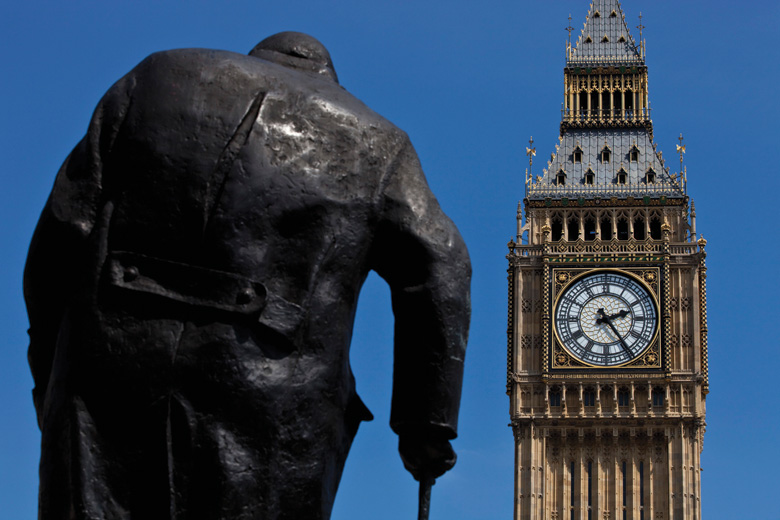

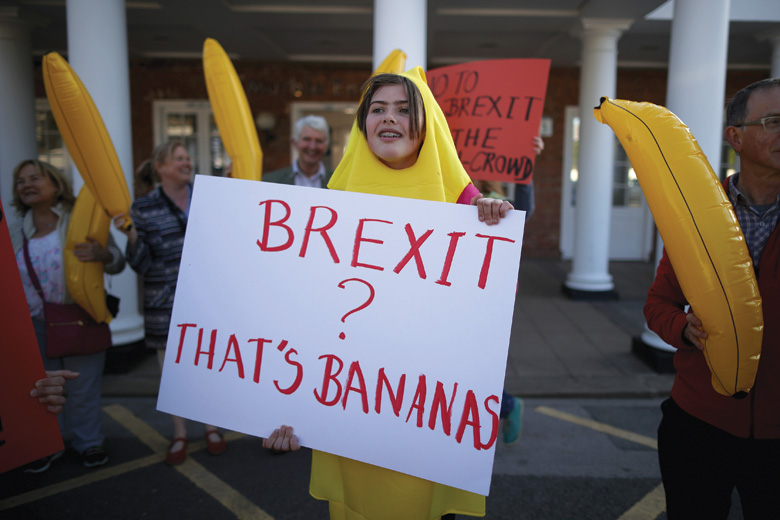

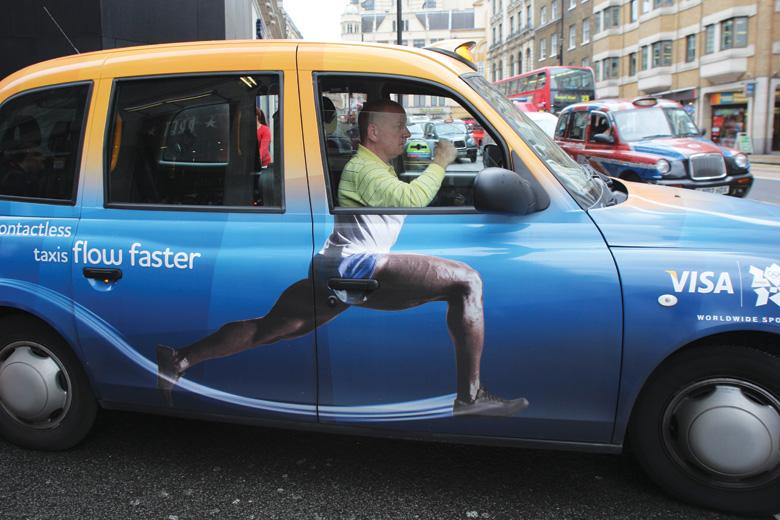


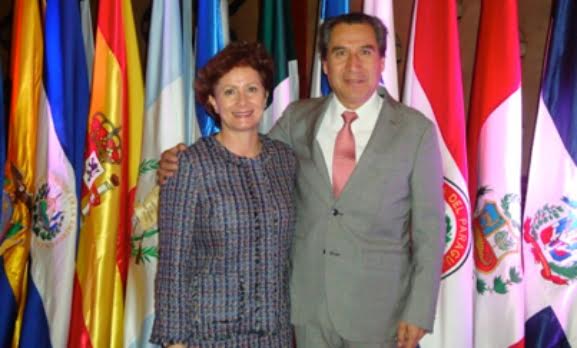






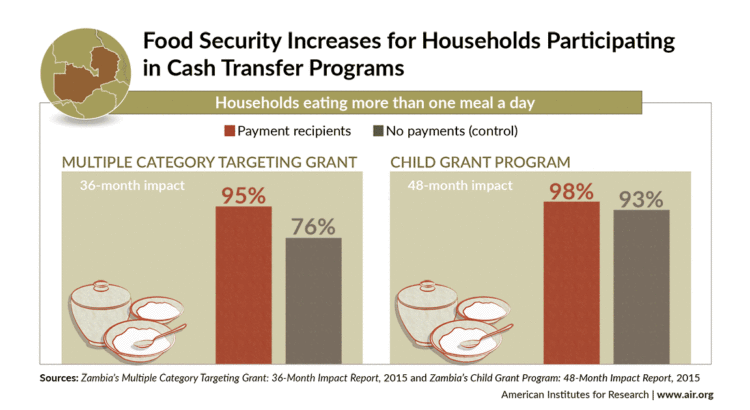
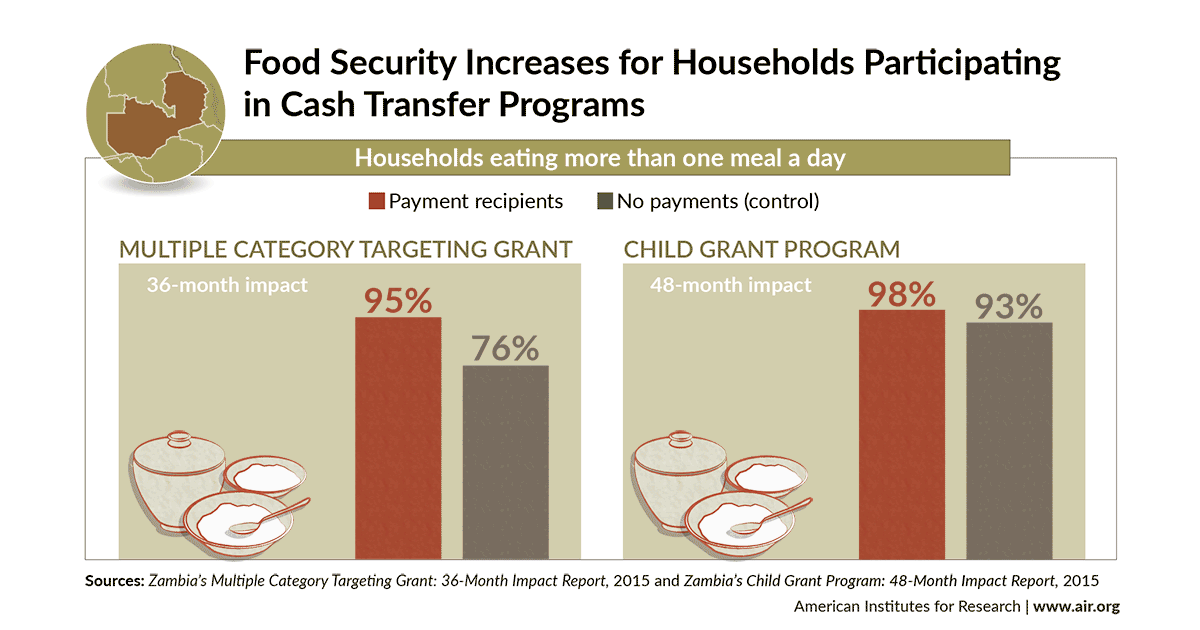






 Users Today : 2
Users Today : 2 Total Users : 35460750
Total Users : 35460750 Views Today : 3
Views Today : 3 Total views : 3419942
Total views : 3419942